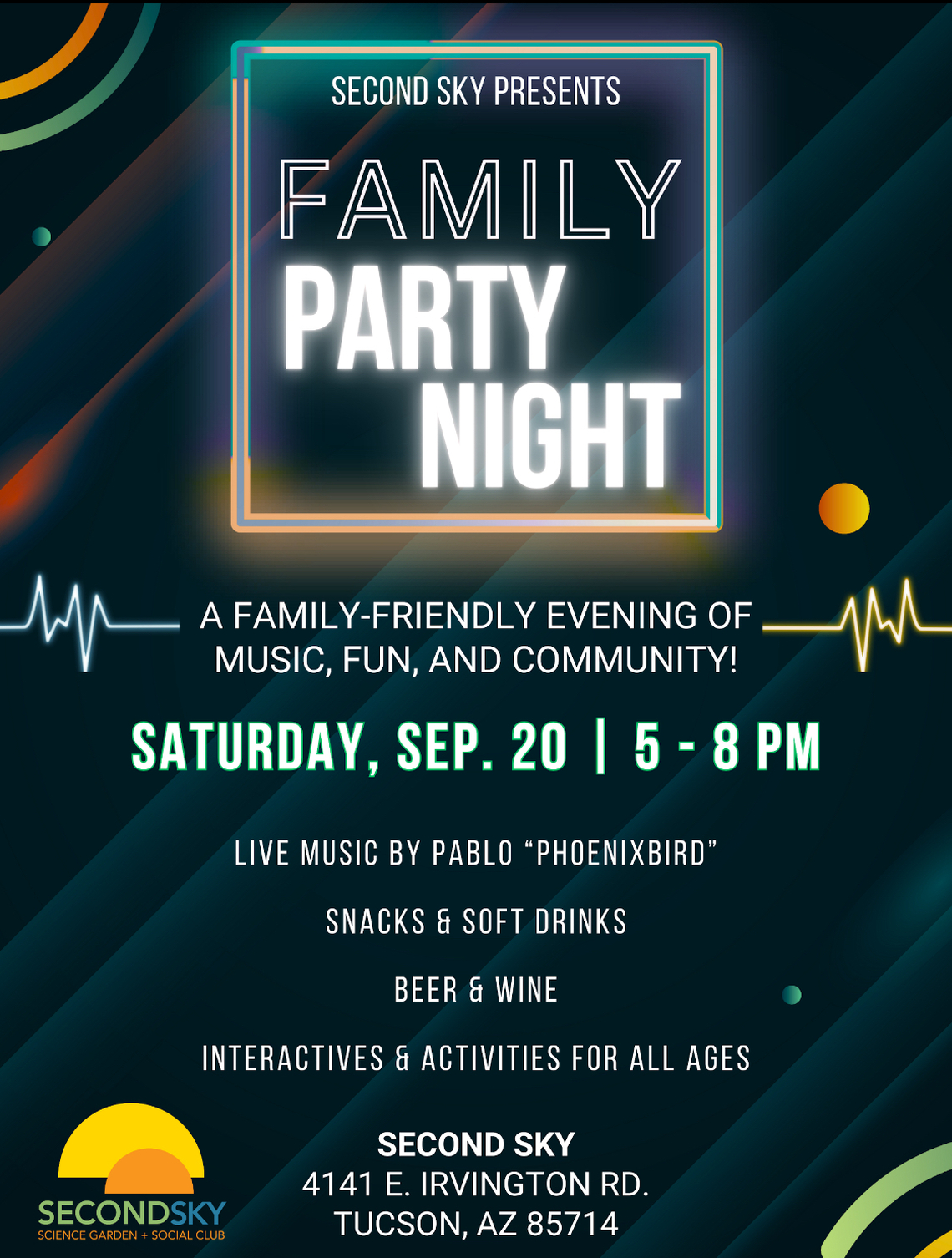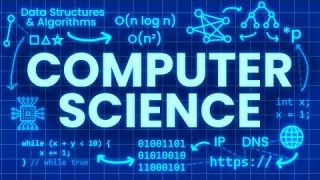
Device-tampering & stalkerware basics (refresher)
Sudden settings changes, unknown “install from unknown sources” toggles on Android, or a jailbroken iPhone (e.g., presence of Cydia) can be tampering signs. If safety is a concern, don’t investigate on-device—seek help.
Read more...
A "Companion" Discussion linked to the article: Personal Cybersecurity in 2025: a Practical “HOW-TO”
- Passwords & sessions: rotate passwords for affected accounts; log out other sessions; revoke app tokens.
- Identity theft: use IdentityTheft.gov for a personalized recovery plan.
- Financial accounts: set alerts; consider a credit freeze and review AnnualCreditReport.com.
- Report scams/cybercrime: file at ic3.gov (FBI) and ReportFraud.ftc.gov (FTC).
Read more...
When I first found out about UX Design, I thought it was such an amazing thing, to be able to design the experience of something for people. And now, I think it’s incredible that this area of design just keeps improving and adapting every time! It is an area that we’ll never stop growing (hopefully), because making the connection between the product and the user, is what makes for a great experience.
Read more...
Four future-UX terms to know (fast refresher)
- HCI — Human–Computer Interaction
The roots of UX: aligning tech with real human thinking, feeling, behaving. Usability is table stakes; context is king. - AUI — Adaptive User Interfaces
Interfaces that reconfigure in real time. E.g., stress-aware UIs that simplify when users are under pressure; dashboards that grow with skill level. - EDX — Ethical Design Experience
Privacy-first defaults, explainable AI, inclusive access. Ethics is a product feature, not a footnote. - EIX — Emotional Intelligence Experience
Products that sense frustration, respond with kindness, and build trust. Tone, timing, and microcopy matter.
- AI is everywhere; trust becomes the differentiator.
- Adaptive flows reduce cognitive load and boost equity.
- Emotionally aware products keep humans in the loop—safely.
- AUI in the wild: Where have you seen a product adapt to you in real time—helpful or creepy?
- Ethics trade-offs: What privacy or transparency feature would you refuse to ship without in 2025?
- Signals for empathy: What lightweight signals (text tone, timing, haptics, animation) have you used to defuse user frustration?
- Measuring EIX: How would you measure emotional intelligence in a product—beyond CSAT/NPS?
- Accessibility x AI: Where can adaptive UIs most meaningfully reduce barriers for neurodiverse users or low-bandwidth contexts?
- Explainable by design: Share your favorite “Why am I seeing this?” pattern or model card that actually worked for non-experts.
- Failure moments: When AI is wrong, what’s your go-to recovery pattern (undo, preview, sandbox, human-in-the-loop)?
- Team workflow: How are your design/PM/eng teams dividing responsibilities for HCI, AUI, EDX, and EIX?
- Guardrails: What’s one AI capability you’d de-scope until you can ship it ethically?
- Career shift: What new skill (or artifact) are you adding to your UX toolkit this year—journey data maps, red-team prompts, model briefs?
Read more...
Family Party Night
LIVE MUSIC BY PABlo "PHOENIXBIRD" Snacks & Soft Drinks Beer & Wine Interactives & Activities for all ages
- Saturday, 20 September 2025 05:00 PM
- Second Sky, 4141 E. Irvington Rd. Tucson, AZ 85714
Claude Can Now Create and Edit Files
Claude can now generate and edit documents, spreadsheets, slides, and PDFs directly in the app, allowing users to turn prompts and data into downloadable files.
SOURCE:
www.anthropic.com/news/create-files
Microsoft to lessen reliance on OpenAI by buying AI from rival Anthropic
Claude will be integrated into Office 365 apps, ending Microsoft's exclusive reliance on OpenAI. OpenAI has continued to put strain on its relationship with Microsoft by announcing competitive products, including an AI-powered LinkedIn rival and custom chips built by Broadcom.
Microsoft’s move to diversify its AI partnerships comes amid a growing rift with OpenAI, which has pursued its own infrastructure projects as well as a potential LinkedIn competitor.Microsoft will pay to use Anthropic’s AI in Office 365 apps, The Information reports, citing two sources. The move means that Anthropic’s tech will help power new features in Word, Excel, Outlook, and PowerPoint alongside OpenAI’s, marking the end of Microsoft’s previous reliance solely on the ChatGPT maker for its productivity suite.
SOURCE: techcrunch.com/2025/09/09/microsoft-to-l...from-rival-anthropic
Read more...
Yes, this is the way... except if there might be a better TOPIC area than under Announcements "Current Events: 2025 and Beyond".
Depends on what the Topic would be for THIS Test Discussion Group.
Is this a public-facing discussion topic viewed by external non-members,
or is it a Members-only discussion topic (about a certain subject),
or is it something for internal members/admin or management team?
As an example of information flow, the recommended "test discussion group" might also be in the category PRIVATE > Internal Brainstorming Discussions OR Pilot Project(s): Discussions & Details
your thoughts?
Read More...
- Explain Like I’m 5
- Examples and Analogies
- Motivation Boost
- Role-Play a Scenario
- Study Plan Generator
- Quiz Me!
- Mindmap It
- Expert Roundtable
- Mental Associations
- Improve What You Have
Share an example of how you used it and what happened!
Source: incubator.org/applications/blogs/prompt-...nd-lifelong-learners
Read More...
This discussion thread can be used along with other instructions and prompts, when following the "Moves" that are referenced in the Blog article
Digital Literacy: A Master Hub for Everyone
- A practical, inclusive guide to skills, tools, and habits for the digital world.
Read More...
When do you truly need Spark/Kafka vs. fast local tools like DuckDB?
All Personas
Deliverable: A one-paragraph “Do I need big data?” decision note + a tiny DuckDB demo.
Copy Prompt: Create a short note that compares Pandas vs DuckDB vs Spark for my use case, then give a DuckDB SQL snippet that runs a simple aggregation on a sample CSV.
Post here: Paste your decision note + DuckDB snippet + output screenshot
Read More...
Stand up Python + notebooks, basic Pandas/NumPy/Matplotlib, intro SQL, and Git.
Teacher
Deliverable: A starter Colab notebook for students + rubric.
Copy Prompt: Build a beginner Colab that loads a CSV, cleans 2 columns, plots a chart, and asks 3 reflection questions. Add a 4-level rubric.
Student
Deliverable: Your first notebook link + screenshot of a chart.
Copy Prompt: Walk me through setting up Colab + a Pandas demo with 3 basic operations (filter, groupby, plot) and 3 SQL practice queries.
Student Entrepreneur
Deliverable: A tiny repo with a CLI script (read CSV → print summary).
Copy Prompt: Generate a minimal project structure with README and a Python CLI that summarizes a CSV (rows, columns, missing %, top categories).
Working Adult / Entrepreneur
Deliverable: A “data pull” notebook for your job (reads one source and outputs a report).
Copy Prompt: Draft a notebook template that pulls data from [CSV/API], cleans it, and outputs a short weekly HTML report with 3 plots.
Post here: GitHub/Colab link + what tripped you up.
Read More...


